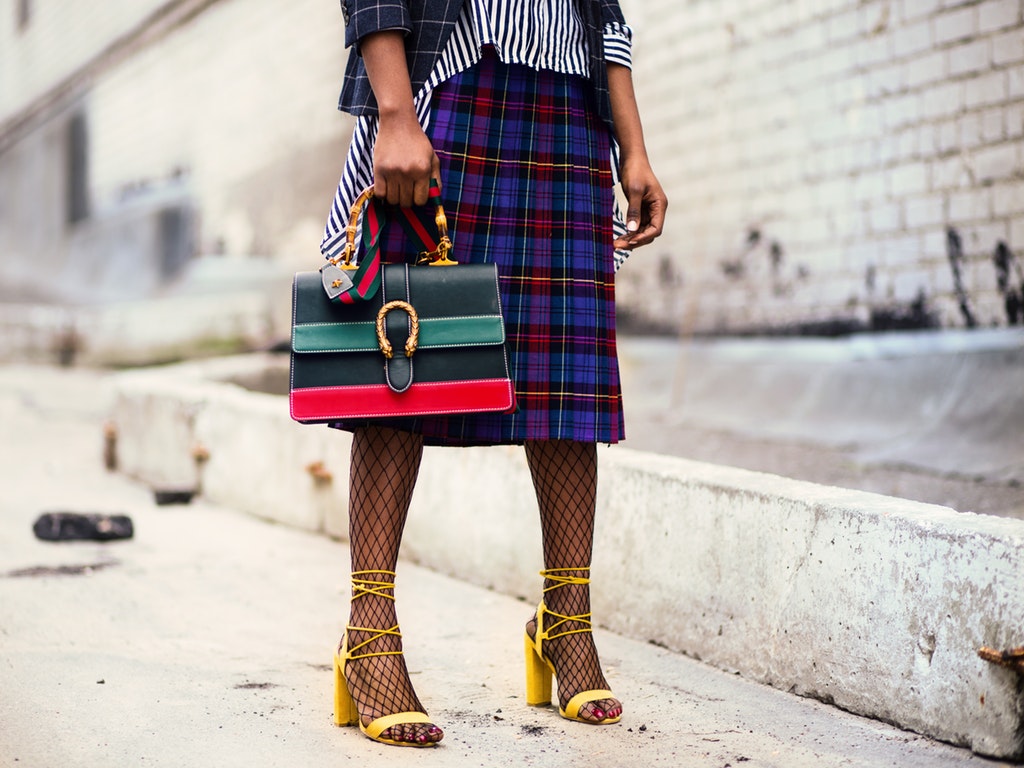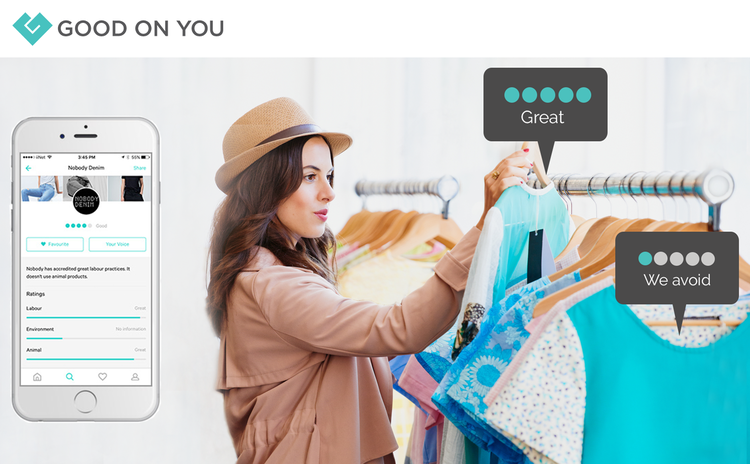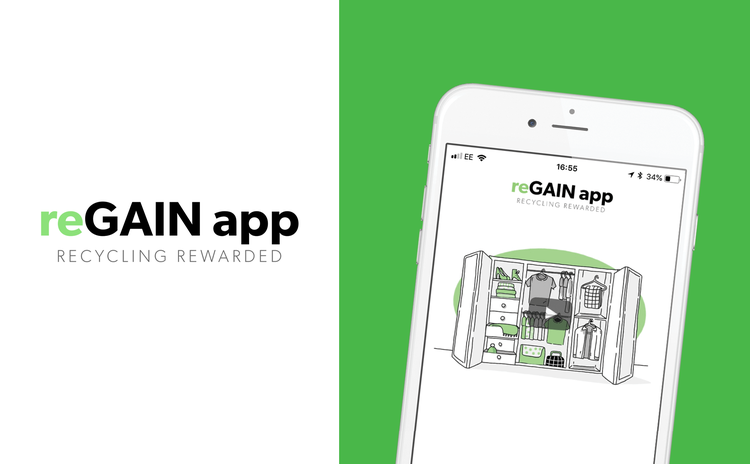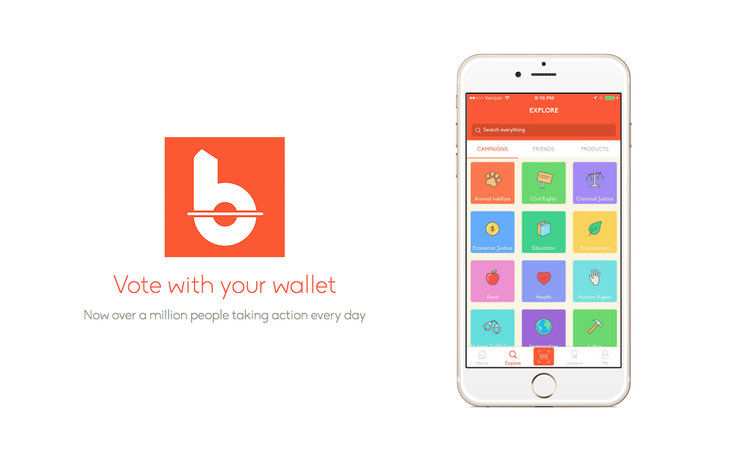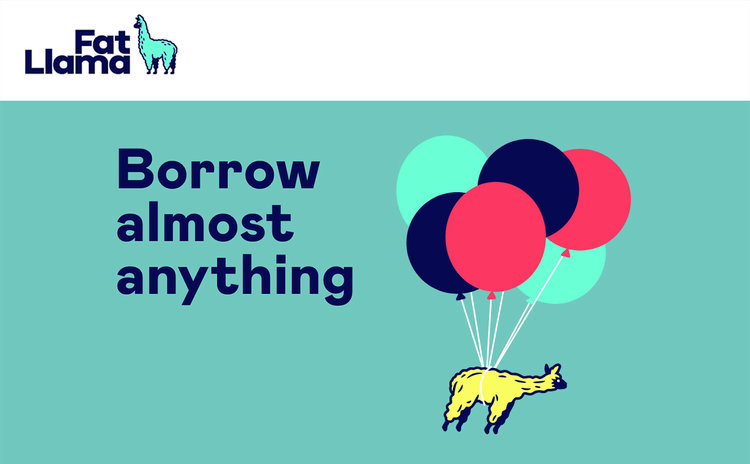4 Mins Read
The recent burst of coverage around fast fashion shows that shoppers are starting to turn away from unsustainable clothing, finally realising the threat it poses to the planet. But unsustainably made clothes are all around us — so how to begin navigating a more ethical route? Digital apps are disrupting the fashion system and enabling all sorts of new models of consumption. Below, eco fashion NGO Redress shares a few that that’ll set you on the right path.
Good On You App
After the tragic collapse of the Rana Plaza textile factory in Bangladesh in 2013 — which killed over 1000 people — the developers of Good on You kept finding themselves in conversations with people who wanted to shop more ethically, but just didn’t know where to begin.
It inspired them to create Good on You, the app for ‘fashion without harm.’ Using data from reputable organisations like Greenpeace and Carbon Trust, the app gives 2000+ brands an ethical score on a 1-5 scale, considering factors like workers’ labour conditions and use of animal products.
And what happens if you discover that your favourite brands aren’t as squeaky clean as they like to pretend? Good on You will recommend similar brands with better ethical scores, and even offer deals on the highest-rated stores — incentivising shoppers and brands towards more ethical behaviour. Within the app you can also write to your favourite brands demanding they take positive action so you can return to their rails, or to tell them if they are doing well!
reGAin App
How often would you guess 1 garbage truck of clothing is sent to landfills or incinerated across the world? Every day?, Every Hour? Nope — depressingly, it’s every single second. If you are in Hong Kong we encourage you to find Redress’ clothing donation bins at Zara and PizzaExpress Sai Yin Pun But if you are in the UK the folks at reGAIN have a brilliant idea to tackle this — by rewarding you for recycling not just with a warm and fuzzy feeling, but with real discounts on fashion and food.
How does it work? Just pop at least 10 unwanted items into a box and take it to your closest UK drop-off point to get access to the in-app discount coupons. Your clothes will either be donated or recycled, and you can go ahead and shop with a clearer conscience.
Buycott App
Open up the Buycott app, you’re presented with a list of causes or ‘campaigns’ — the first step is to join the campaigns that you care about, and rate how strongly you feel about the subjects on a sliding scale.
When you come across a product you want to investigate (and this works on everything from fashion to fruit), just scan the product’s barcode with your phone, and the app will tell you if there’s a clash with any of your beliefs — as well as any other controversies the brand might be involved in. Plus, like Good on You, it allows you to send a message to the brand telling you why you wont buy their product. There is power in the masses to push for change across industry!
Fat Llama App
Each of these apps offers a brilliant answer to the question of how to shop more ethically — but what about reducing our impact by buying less? Borrowing clothes is one solution to this — by borrowing, you don’t just take the pressure off the world’s landfills, you also contribute to putting the brakes on the mass-manufacturing systems that produce too many clothes in the first place.
There are lots of platforms for renting high-end and designer clothing, like YCloset, Yeechoo, or Rent the Runway. But if you’re looking for any other kind of clothes — from wedding attire to vintage pieces to streetwear to costumes — there’s also Fat Llama, the app for renting (almost) anything from people nearby, at an accessible cost. So next time you’re doing your ritual closet purge, set aside some of your unworn clothes to rent out on Fat Llama, and you could make some money back on them through the circular economy.
This article originally appeared on Redress Asia under the the title ‘Four Fashion Apps Disruption Fashion Consumption.’ All images & content courtesy of Redress, except lead photo courtesy of Pexels.

